Phenolic resins are the solution of choice for applications that require durability and longevity, strength, chemical and temperature resistance.
The unique properties of phenolic resins allow these to stand out as an ‘enabling technology’ facilitating many safety and environmental benefits.
The European Union aimed to achieve an energy efficiency target of 20% energy savings by 2020 and 27% by 2030. By replacing traditional building materials with phenolic resins this target could be approached. The following Sustainable Development Goals can be linked to the use of phenolic resins in different markets
Overall, the potential to achieve energy savings is the highest in the residential sector, which accounts for 40% of the EU’s final energy consumption and 35% of its greenhouse emissions.
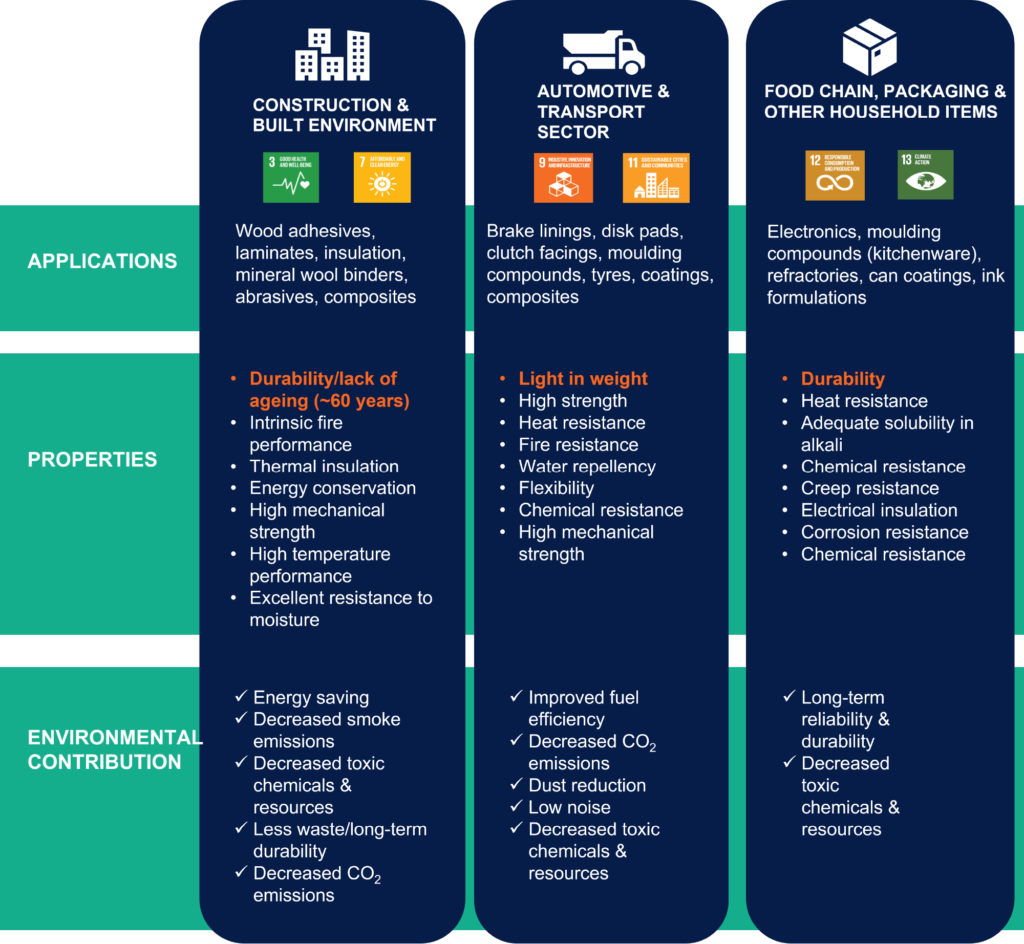

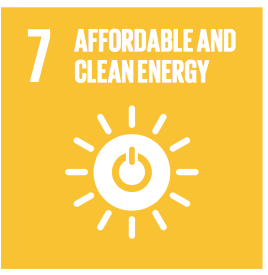 Construction and the built environment
Construction and the built environment
One of the main environmental contributions of phenolic resins in the construction and built environment is associated with the excellent properties of phenolic resins leading to overall energy savings due to good thermal insulation providing a positive contribution to the reduction of CO2 emissions. Furthermore, due to the long-term durability (up to 60 years) of the products, less waste is produced.
 Wood adhesives to promote the use of structural timber in sustainable construction
Wood adhesives to promote the use of structural timber in sustainable construction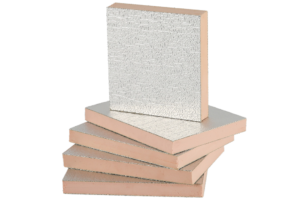 Matrices and binders for thermal insulation materials critical to energy efficiency across the European Union and beyond
Matrices and binders for thermal insulation materials critical to energy efficiency across the European Union and beyond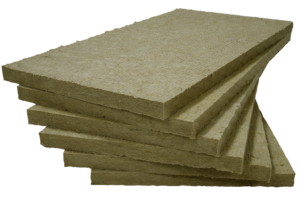 Space saving solutions through greater material efficiencies
Space saving solutions through greater material efficiencies
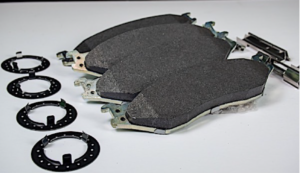 Heat resistance for consistent functioning of vehicle braking systems
Heat resistance for consistent functioning of vehicle braking systems

One of the main environmental contributions of phenolic resins in the automotive and transport sector is associated with the excellent temperature resistance of phenolic resins. This property allows the use of lower car body weights leading to improved fuel efficiency of vehicles and the linked CO2 emissions.

One of the main environmental contributions of phenolic resins in household appliances and other articles is associated with the long-term durability, electrical insulation and chemical and corrosion resistance of phenolic resins. This property allows the use in can coating resins and reduced waste due to increased reliability.
 Electrical Insulation
Electrical Insulation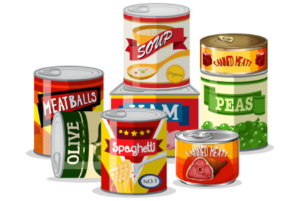 Can coatings to ensure longevity of food in challenging food-chains
Can coatings to ensure longevity of food in challenging food-chains